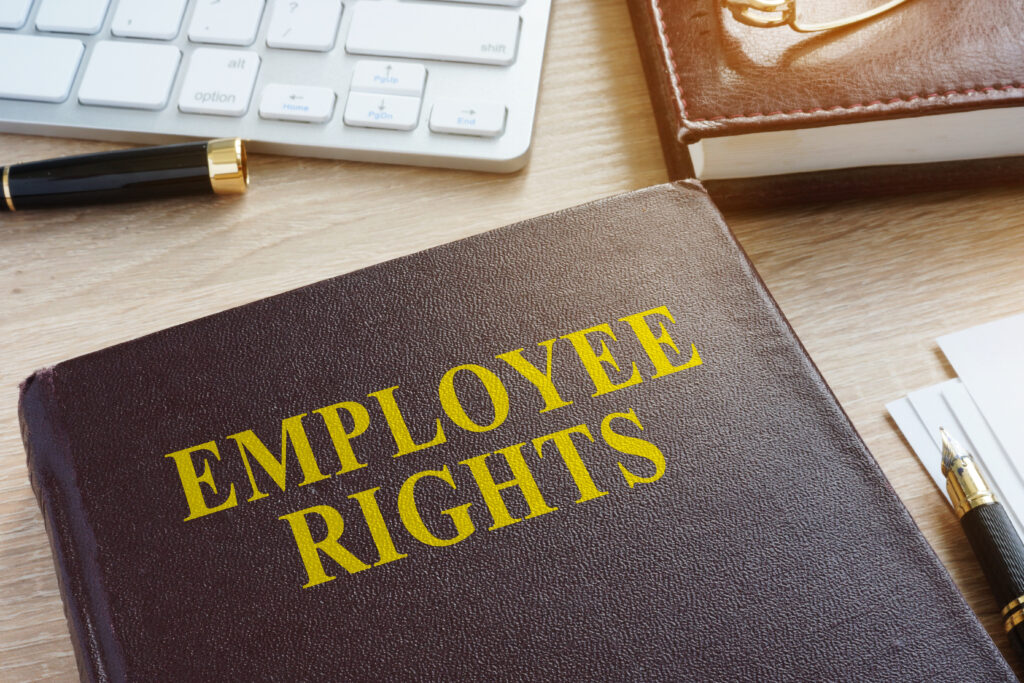Building safety – particularly for high rise flats; came very much to the fore after the Grenfell Tower tragedy in 2017. The draft Building Safety Bill was published by the government in July 2020 and despite all the problems being caused by COVID and Brexit; the expectation is that it will come into force (even if with amendments to the draft) in the autumn of 2021.
The Bill is designed to cover higher risk residential buildings which are buildings of at least 18 metres, or more than 6 storeys above ground level, containing two or more dwellings.
The Bill requires the statutory appointment of a “building safety manager” by the party responsible for repairing the common areas – so the Landlord or the Management Company in an owner managed block of flats – as well as various reporting obligations with the Building Safety Regulator and implementation of various building safety measures.
It will also impose a new category of costs that can be recovered from the flat owners in addition to their existing service charge. These new costs will be called “building safety charges” and will apply to existing buildings as well as new blocks.
A building safety budget will need to be prepared by landlords (which has to be distinct from the normal service charges budget) before any money can be recovered from the flat owners. The building safety charge paid by the flat owners has to be held in a designated trust account. A separate reconciliation account will have to be issued at the end of the relevant period specifying what works have been done, the cost (including provision of actual receipts), what was collected in building safety charges and what remains in the designated account.
The First Tier Tribunal will deal with issues over building safety charges in much the same was as it deals with traditional service charge issues.
This is not just going to impact landlords. The Bill will also make tenants pay their building service charge within 28 days of receipt of a demand; provide access to the landlord for inspections as to what safety measures are needed or to enable them to be implemented as well as a requirement to comply with new residents duties relating to building safety.
Why worry about it now?
Whilst the government is trying to come up with ways to provide funding to protect flat owners against the costs of remedying historic defects, without placing the burden on the tax- payer- the expectation is that once enacted there will be a deadline set. That deadline will require landlords to have brought their existing buildings up to scratch and registered with the new Building Safety Regulator before it expires.
The current view is that the deadline is likely to be no more than 12-24 months after the Act is passed. When considering that older blocks are likely to need significant fire safety work carried out, that is not going to give Landlords much time unless they start looking at what might need to be done now.
If you need advice or assistance on a problem relating to the above then please contact us on drteam@herrington-carmichael.com.
This reflects the law at the date of publication and is written as a general guide. It does not contain definitive legal advice, which should be sought as appropriate in relation to a particular matter.









